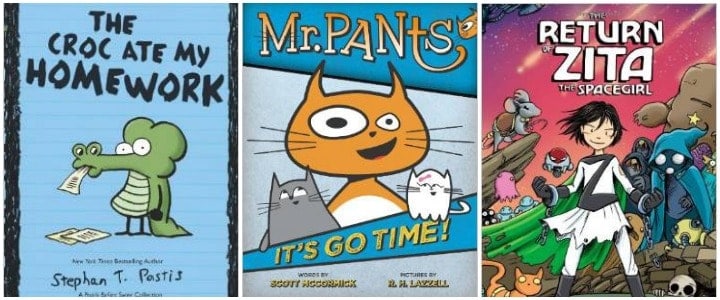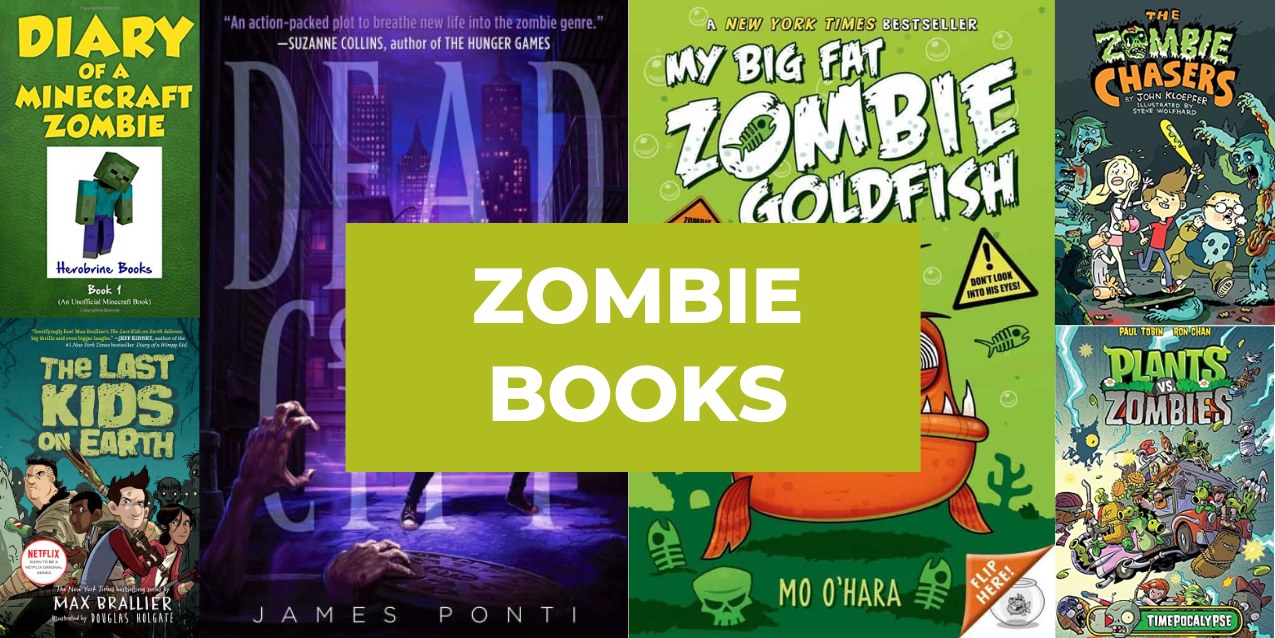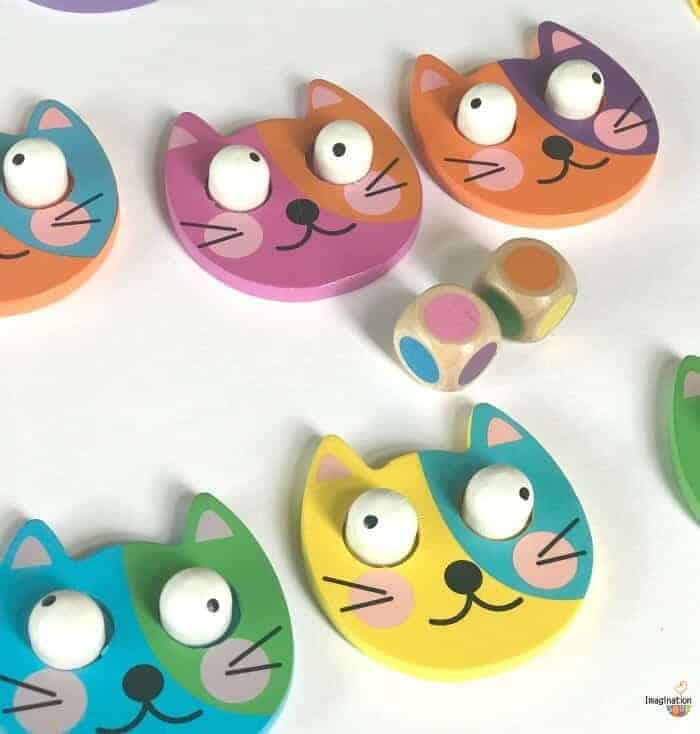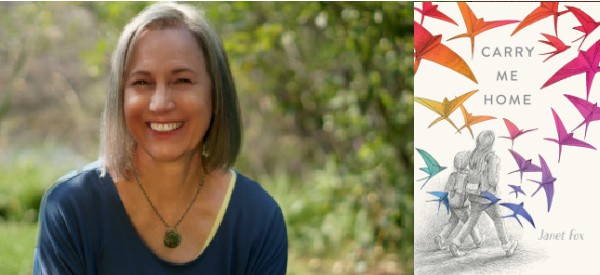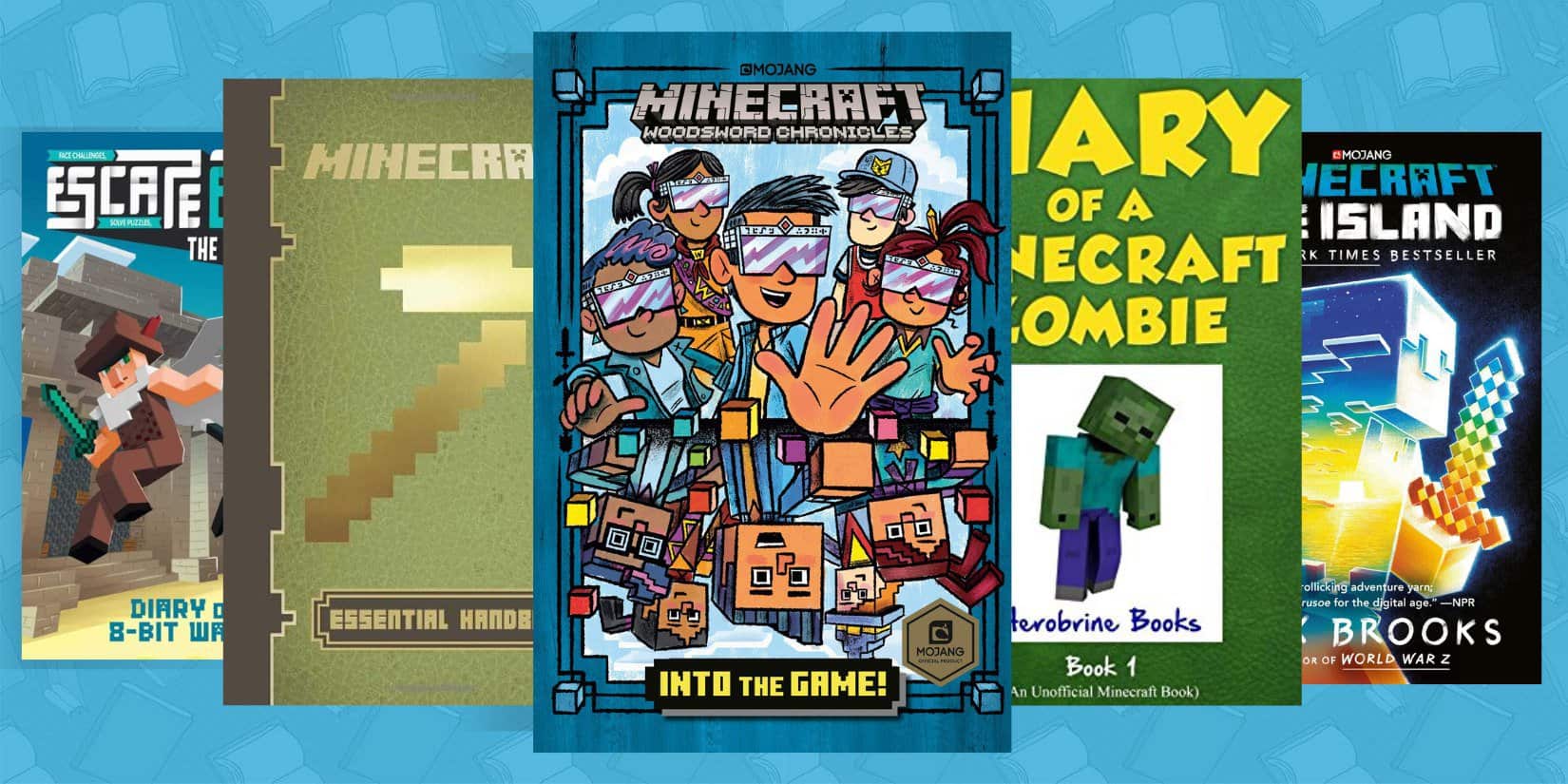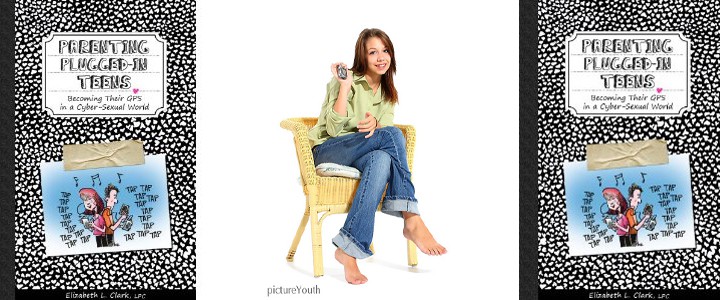How Stories Make Hard Parenting Conversations Easier
This post may contain affiliate links.
written by author Laurie Morrison
A couple of weeks into kindergarten, my son told me he liked everything at school except Spanish class.
This surprised me. I knew from my daughter’s experience that the teacher was wonderful and the curriculum was fun.
“Why don’t you like Spanish?” I asked.
“Because I’m not good at it,” he replied immediately, and I jolted to full attention.
This felt like one of those pivotal parenting conversations: The kind where I had a chance to tell my kid something really wise and transformative–something that could help him be a better-adjusted child than I had been.
It was bedtime, of course, because this kind of big conversation always seems to happen at bedtime, and I had a sink full of dirty dishes and a pile of work waiting for me downstairs. But I blocked out those stresses and tried to channel everything I’d read about “growth mindset” and praising effort and progress.
Some of my son’s classmates had already learned a little Spanish in pre-K, and one of them spoke Spanish at home. So I validated how hard it is when other people know more than you do. I reminded him that last year, he hadn’t been able to punt a football or catch a baseball or read the words in a book. Now he could do all of those things because he’d worked hard and practiced! I reassured him that he simply needed to practice his Spanish too, and then he’d be great at it.
As I left his room, I wondered if I’d botched my messaging there. I probably shouldn’t have made it seem like all he had to do was work hard, and then he’d automatically be successful. I probably should have challenged the idea that being good at something was the ultimate goal.
Several weeks later, he was happier in Spanish class. But then one night–at bedtime, obviously–he was singing one of the Spanish songs he’d learned and teaching me the hand motions, and he got stuck. He couldn’t remember one of the words in the second verse. We couldn’t find the lyrics online, and he was beside himself.
“I need to know what the word is! I want to do the song perfectly!” he said.
As I looked at my sobbing child, I remembered crying when I didn’t get a 10/10 on a spelling pretest in third grade. I remember getting stuck on one problem on a math test and feeling devastated that my teacher might not write “Excellent!” at the top of my paper.
Had I passed my own perfectionism down to my kid? Was this kind of thing somehow genetic? Or had I accidentally praised him too much for all the things he did well, even though I’d read the parenting advice warning against giving kids too much praise because it can lead them to crave external validation?
I try to compliment my kids’ efforts more often than their achievements. I try to make sure my first question after any kind of sports game or music lesson is whether they had fun, not how well they did. I try to ask them why they chose certain colors for their artwork and how they got the idea for something they wrote instead of–or at least in addition to–telling them what a beautiful job they’ve done.
But even after we’d gotten through the forgotten lyric fiasco, I had no idea how to respond more recently when my son said he hopes he’ll be the best one in Spanish now since he’s been playing a Spanish game to practice with my husband and his native speaker classmate has moved away.
I want my kids to seek internal fulfillment rather than external validation. I want them to be resilient people who do the best they can even when things don’t come easily. I don’t want them to cry over a 9/10 on a spelling pretest, or to feel the shame I felt when a math problem stumped me. It’s hard to get these kinds of conversations right on the first try, though, especially when they relate to ideas I’ve internalized but don’t want to pass down, about topics like success and achievement.

I write middle grade novels, and my newest one, Keeping Pace, is about an almost-fourteen-year-old academic overachiever named Grace. It takes place during the summer after eighth grade after Grace fails to win the top scholar award she’s spent most of middle school working toward. The book raises questions about what it really means to succeed and where we really get fulfillment. Grace doesn’t have an easy road as she faces her deeply ingrained perfectionism, but she’s a big reader, and books give her comfort and insight throughout the novel. The stories that other characters tell her help to change her perspective, too.

I didn’t make a conscious decision to have stories play a grounding role in my novel, but the truth is that stories play a similar role in my parenting. Despite all the times I don’t know what to say in big conversations, the thing I can always circle back to–the thing I almost never botch–is sharing stories.
I tell my kids stories from my own life, like the ones about how upset I got over a hard math test and an imperfect spelling score. We read lots of stories too, like Abby Hanlon’s Dory Fantasmagory books, including my favorite, Dory Dory Black Sheep, in which Dory struggles to learn to read and feels jealous of a friend who can read big chapter books. And Erin Entrada Kelly’s Marisol Rainey books, like, Surely, Surely Marisol Rainey, in which Marisol is terrified that she’ll be the only one who can’t get a hit during the kickball unit in PE because kicking comes more naturally to everyone else.

These stories open up conversations in unthreatening, productive, and interactive ways. Stories can be interpreted differently, and different parts will resonate with different kids at different times. They make room for kids to ask the questions they’re really wondering. They give kids the language to articulate what’s bothering them. They allow children to see outside themselves and empathize with other people, which sets them up to see deeper inside themselves and be compassionate with themselves, too.
For topics that feel too raw and vulnerable to kids who feel things deeply–and for times when we want to give our kids different messages than the ones we’ve internalized so it’s hard to get the wording right–nothing works better than stories.
Maybe my kids will consciously think of Dory or Marisol or my younger self some day when they struggle to master something. Maybe not. But those stories will be there, layered over all the imperfect messages I articulate during hard conversations that inevitably happen at bedtime. There for them to return to and reflect on any time they’re ready–and for me and fellow parents to learn from, too.
About Laurie Morrison

Laurie Morrison is the co-author of Every Shiny Thing and the author of Up for Air, Saint Ivy: Kind at All Costs, Coming Up Short, and her most recent novel Keeping Pace, which features friends-turned-rivals training for a half-marathon. When Laurie was in her twenties, she fell in love with distance running and ran three marathons and several half-marathons. Laurie has an MFA in Writing for Children and Young Adults from Vermont College of Fine Arts, and her middle grade novels have received starred reviews and been chosen as Junior Library Guild Gold Standard Selections and finalists for state award lists. She lives with her family in Philadelphia, Pennsylvania, where she teaches middle school language arts.

KEEP READING

